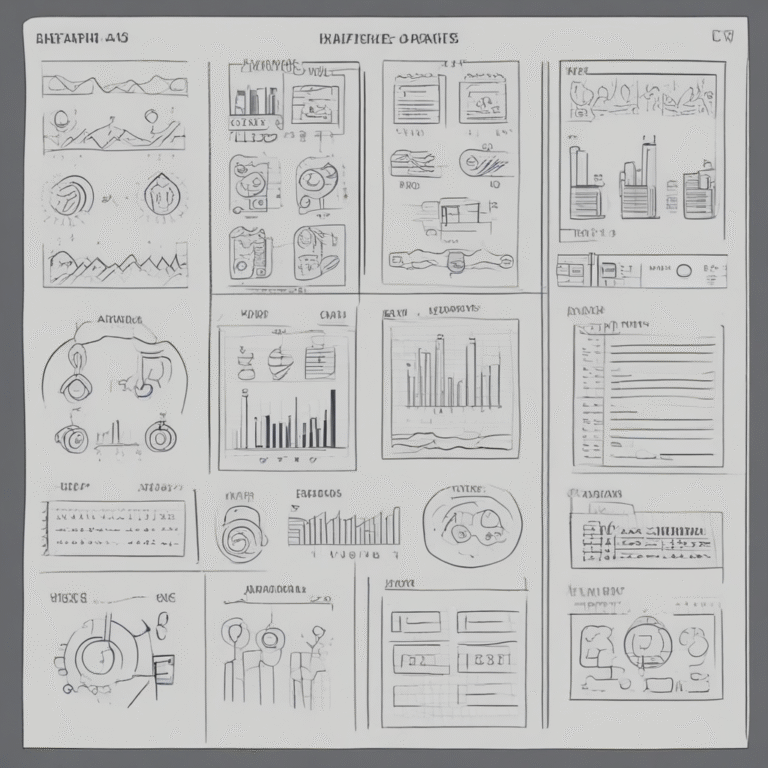What Comes After the Hype: Responsible AI in Healthcare Demands More Than Innovation
In the evolving landscape of healthcare, the integration of artificial intelligence (AI) is often seen as a beacon of hope for innovation. However, the reality is far from simplistic. The ongoing challenges within the healthcare system, which is often understaffed and overstretched, must be addressed before embracing the latest technological solutions.
AI in Healthcare: A Double-Edged Sword
AI is undeniably transforming the healthcare sector. It is accelerating drug discovery, analyzing genetic data for personalized treatment plans, and even predicting disease outbreaks. Moreover, AI technologies are aiding in automating administrative tasks such as billing, scheduling, and claims processing.
However, these advancements are built upon a shaky foundation of outdated records and fragmented communication. The risk lies in deploying AI without addressing underlying issues in data quality and infrastructure.
The Dangers of Poor Data
AI relies heavily on clean, structured, and trustworthy information. When the healthcare system comprises outdated medication lists or fragmented patient records, the potential for harm is significant. AI applications that recommend treatments or influence clinical decisions without accurate and complete data can lead to detrimental outcomes.
Additionally, the fairness of AI systems is only as good as the data they learn from. In a healthcare system where care disparities exist based on zip code, insurance status, and race, biased AI might perpetuate existing injustices rather than mitigate them.
The Need for Standards: The HITRUST Model
The importance of structured oversight in the deployment of AI in healthcare cannot be overstated. Initiatives like the HITRUST AI Assurance Program offer a necessary framework to hold AI vendors and healthcare organizations accountable for privacy, security, and trust. This program builds on an established security framework and is supported by major cloud providers, aiming to evaluate risks associated with AI tools before they are implemented in patient care.
Putting Patients at the Center
For AI to be truly effective in healthcare, the human voice must be central to its strategy. This means engaging real patients in the conversation surrounding AI-assisted decisions. If patients cannot comprehend how AI influences their care, it undermines their empowerment. Similarly, if healthcare professionals cannot challenge incorrect AI recommendations without fear of reprisal, collaboration suffers.
Slowing Down for Responsible AI Implementation
The healthcare industry does not require more tools that prioritize speed over safety. Instead, it needs innovations that are integrity-driven and human-centered. This approach not only benefits clinicians and patients but also addresses the needs of historically underserved communities.
The Future of Healthcare: A Call for Honesty
The future of healthcare should not merely focus on being smarter; it must prioritize being safer, fairer, and above all, more human. As stakeholders in the healthcare sector, there is an urgent need to ask challenging questions and demand better answers to ensure that AI serves its intended purpose without exacerbating existing issues.









